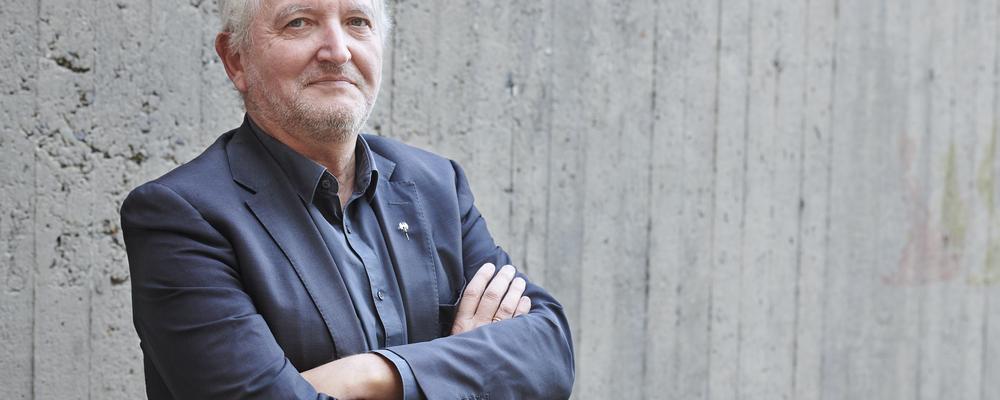Welcome to the Felix Neubergh Lecture 2024 on archeology. Thursday 17th October, the Professor emeritus Jan Driessen will give the lecture on his excavations on Crete.
You are welcome to register to this lecture, held at the Faculty of Humanities.
Jan Driessen (Professor emeritus at the Université de Louvain) is a prominent Aegean Bronze Age archaeologist who has excavated at numerous on Crete (Palaikastro, Knossos, Myrtos, Mallia). He initiated the first excavation by the Belgian School at Athens on Crete at Sissi in northeastern Crete.
His research has primarily been concerned with Bronze Age Crete. He is particularly interested in Neopalatial architecture and the archaeological aspects of the Linear B tablets from Knossos. His published books and articles represent major contributions to our understanding of social and political developments on Crete in the second millennium BC.
Since Arthur Evans’ excavations on Crete, starting in 1900, the monumental complex with central court he found at Knossos has been called the ‘Palace of Minos’ and the civilisation it epitomises, the Minoan civilisation. The subsequent discoveries of similar buildings at Phaistos, Malia and elsewhere on the island were likewise identified as royal residences and often even connected to Minos’ mythological brothers Rhadamanthus and Sarpedon. Moreover, these ‘palaces’ were considered as the most western representatives of the bureaucratic royal systems flourishing in 2nd millennium BCE Egypt and the Near East.
Recent archaeological discoveries and new interpretations of old data, including iconographical sources, now allow questioning these views and suggesting alternative hypotheses.
The topic for the lecture is Rethinking the Minoan ‘Palace’.
What is the Felix Neubergh Lecture
The Felix Neubergh Lecture has been established through donations by the late banker Felix Neubergh and his wife Bertha. Born in Gothenburg, Felix Neubergh generously endowed diverse institutions in his native city for a number of years, especially the University of Gothenburg. He strove to support the universities’ contacts with culture and science in English-speaking countries.
The lecture is held in English.
